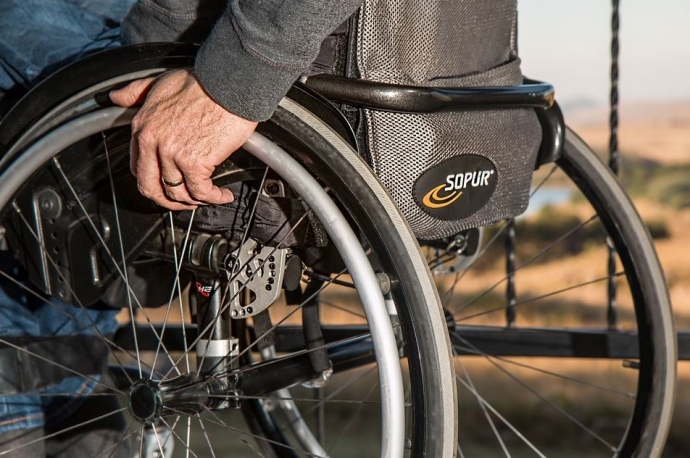The Social Security Administration defines a qualifying disability as a medical condition that prevents a person from engaging in meaningful productive activity. In other words, it means you can’t work enough to make a living. The impairment must be expected to last at least 12 months or lead to eventual death. The SSA recognizes hundreds of disabling conditions. Applicants for Social Security disability benefits must provide medical documentation of the health condition. The conditions described here are common problems that you should be aware of.

Atrial Fibrillation
Atrial fibrillation is a disease in which the upper chambers of the heart beat irregularly. Some of the blood the heart is supposed to pump pools in the heart. The pooled blood can clot. The clots can break loose and cause a stroke if one ends up in the brain. AFib can also cause heart failure and other coronary problems. To be a qualifying medical condition for Social Security purposes, AFib must be uncontrolled. This means you sometimes faint during an episode, and symptoms recur even when you are being treated.
Crohn’s Disease
About 500,000 Americans suffer from Crohn’s Disease, which is a painful inflammation of the lining of the bowels. Pain and symptoms like uncontrollable diarrhea can make it impossible for you to work. A doctor must administer several tests to diagnosis Crohn’s Disease before the SSA will award benefits.
Attention Deficit Hyperactivity Disorder
ADHD is a mental impairment that is often accompanied by depression or an anxiety disorder. People with ADHD have trouble completing activities and controlling their behavior. They may be forgetful and have difficulty focusing. Although counseling and medication may allow someone to work, this is not always the case. When ADHD prevents you from holding a job, the SSA can approve disability benefits.
Amputation
The SSA says that amputation of both hands automatically qualifies as a disabling condition. The loss of one leg and one hand or the loss of both legs also qualifies if an individual cannot walk even with prostheses. As with all applications for benefits, you must provide medical documentation.
Chronic Obstructive Pulmonary Disorder
COPD is a lung disease that combines emphysema and chronic bronchitis. People who suffer from COPD can have trouble breathing and experience shortness of breath because airflow is restricted. Lungs may not transfer oxygen to the blood efficiently. COPD is considered a qualifying disability when symptoms are severe enough to keep you from performing essential job duties even with treatment.
Conclusion
The Social Security Administration subjects all applications for disability benefits to a rigorous review process. Sometimes this means you will initially be denied benefits. If this happens, consider talking to a Social Security disability attorneys from a firm like Horn & Kelley, PC Attorneys at Law. An experienced disability lawyer can prepare your application and present your claim so that it has the best chance of being approved.

